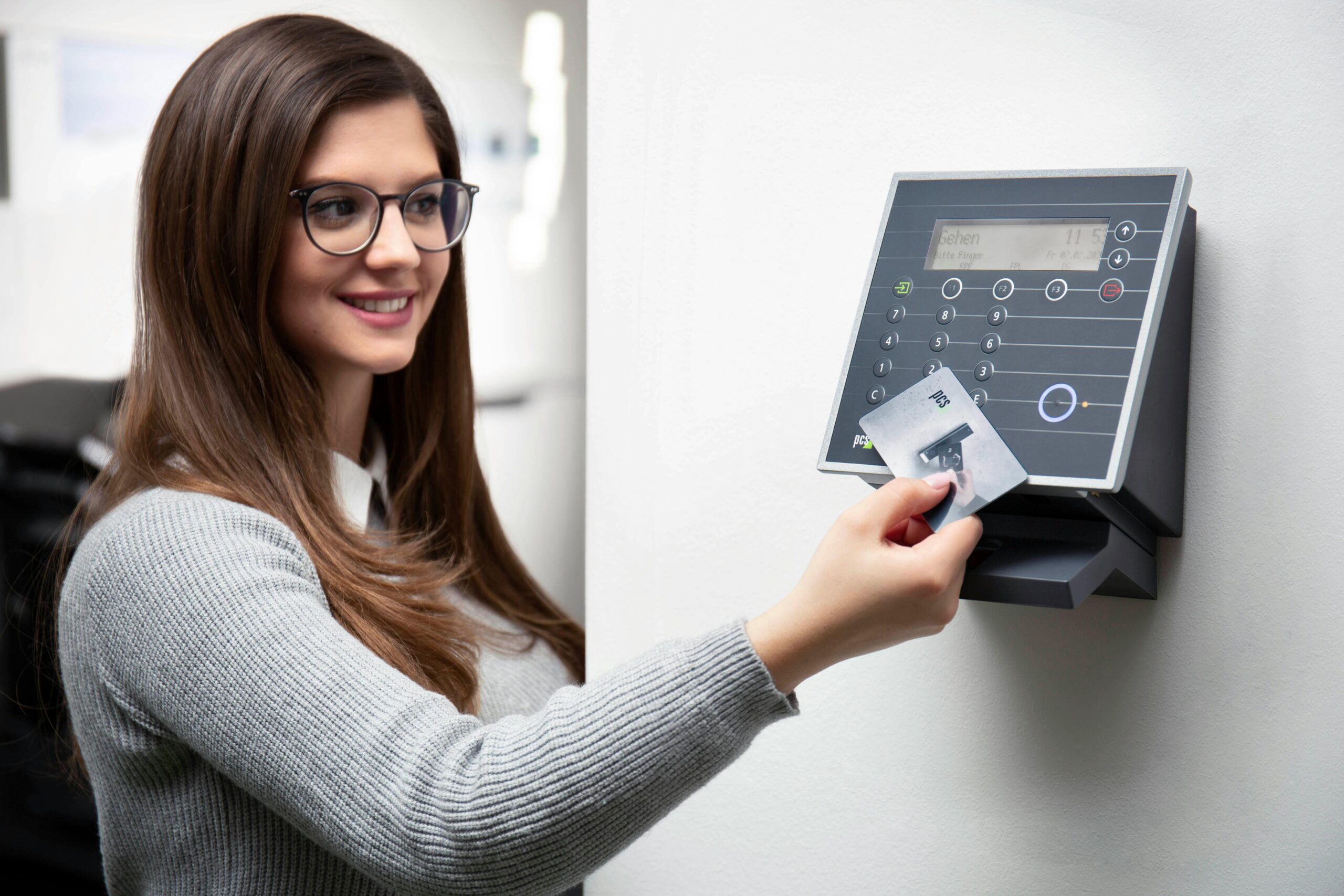As of 1 March 2025, the administrative sanctions of Annex V and VI concerning the implementation of the Digital Work Card System, of Ministerial Decision No 80016/31-08-2022 (B’4629), will be imposed on businesses whose main activity is accommodation services in the tourism sector and on businesses whose main activity (based on the Activity Code) is catering.
Payroll processing is changing. The digital work card system is designed to record working hours and employment details electronically, providing greater transparency and efficiency for employers and employees changing payroll processing.
The Digital Work Card is accessible through the Ergani Apps. The employers should register their employees including their annual leave allowance, their standard working hours, and the general terms of their employment contracts. Using the apps, the employees will be able to scan their personal code when arriving and leaving their work premises and report their work leaves.
Following several questions submitted to the Ministry of Labour and Social Security by professionals in the tourism and catering sector, important clarifications are provided with the latest circular 3496/10-02-2025, some of those are presented below:
1) Currently and until the full implementation of the digital card system, the working time, which is carried out using the digital card, is limited only to the measurement of the time during which the employees of the integrated enterprises are physically present on the premises of the enterprise.
2) As soon as an employer joins the digital card system, is obliged, regardless of the number of employees, to activate the digital work card system for all its employees whether they are employed on a fixed-term contract or having a dependent employment relationship including those under a staff leasing contract. The only requirement is that the employees are physically present at the employer premises.
3) The employer is responsible for the correct implementation of the digital work card system, for the correct use of the card by the employee and for compliance with the digitally declared working hours.
4) Flexible attendance of up to 120 minutes is allowed with the agreement of the employer and the employee (to be proven by any appropriate means). When flexible attendance time is agreed with the employer then the extra time needed for an employee to leave their employer premises cannot be considered as overtime.
5) For employees of enterprises whose main activity is accommodation services in the tourism or catering sector and who are obliged to use the digital card to measure their working time, preparation time may be required before and after the start of the service (e.g. changing clothes if required by the job/task). Where this is the case, this time cannot exceed 10 minutes before the start of the work and 10 minutes after the end of the working duties.
6) The marking of the digital work card should be consistent with the digital declaration of working time unless it is justified by objective reasons relating to the nature or organization of the work. The marking of the card is an employee’s duty however it is possible, through negligence, that an employee’s card may not be marked at the start or end of their working duties. Given that such a possibility is likely to happen, and in good faith, it is acceptable that up to 3 single swipes per month per employee can be justified and in such a case a finding by the Labour Inspectorate will result in a recommendation rather than a fine.
This transition from traditional methods of recording work-related information to a digital format represents a radical change in employment data management, fostering efficiency and transparency in
the workplace.
For more information, please feel free to express your inquiry at payroll@privelpartners.gr




